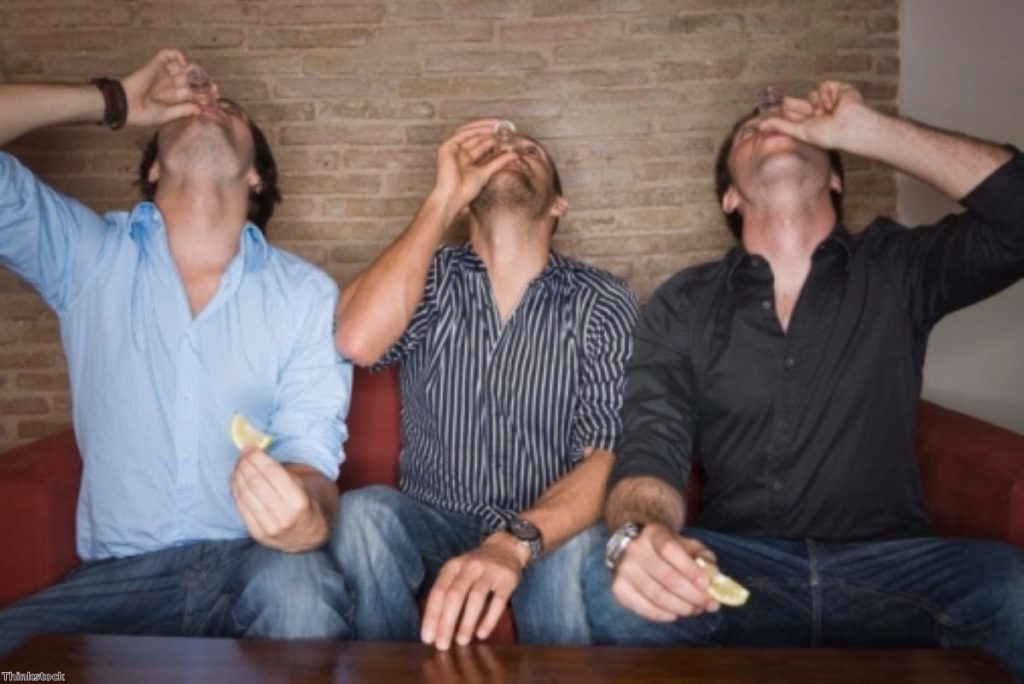New year’s resolution? Cameron launches war on alcohol
By Ian Dunt Follow @IanDunt
Drinkers looking to cut down on their intake in the new year will receive some help from the government, after reports emerged of a 'big bang' plan to tackle alcohol consumption in England and Wales.
Whitehall is reportedly formulating proposals to impose a minimum pricing structure for alcohol after David Cameron tired of existing government efforts to reduce drinking.
The plans, which are likely to result in detailed proposals to ban drink sales below either 40p or 50p a unit, will likely be criticised by libertarians and Tory backbenchers as symptomatic of the 'nanny-statism' Mr Cameron criticised in opposition.


Health secretary Andrew Lansley is particularly opposed to a mandatory scheme, favouring a voluntary approach from industry instead, but it appears he has been overruled by the prime minister.
Alcohol harm reduction analysts in Whitehall are increasingly convinced the 'big bang' approach typified by the ban on smoking in public places is the most realistic way to cut alcohol-related deaths in the UK.
The Scottish parliament recently introduced a scheme to fix minimum prices at 45p a unit. Officials in Whitehall watched the scheme closely, particularly for its status under EU law, which only allows minimum pricing to be introduced where there is a major health problem.
Government efforts to stem problem drinking on Britain's streets, including banning supermarkets from selling alcohol at a loss and introduced higher duties for super-strength beers and ciders, have not been successful.
A recent study found setting the minimum price at 50p would allegedly prevent 2,000 deaths a year. Setting it at 40% would prevent 1,000.
Setting the limit anywhere between 40p and 50p per unit would cost drinkers £700 million a year.
The change would be a significant increase from current costs, which tax beer and lager at 18p a unit, wine at 19p a unit and spirits at 25p a unit – not including the 20% VAT on all alcoholic drinks.
Forecast drawn up by Scottish authorities suggest minimum pricing results in a steep increase for gin, vodka and cider while leaving wine, beer and whisky relatively unscathed.
Such a result would be politically attractive for Mr Cameron, who will take a hit for imposing new financial punishments on voters. Any pub closures stemming from the plan would also be politically damaging, but are unlikely to follow from the plans.
If the effects of the move only hit cut-price supermarket sales, traditionally relied upon by problem drinkers, the government may chalk up the policy as a win.
Critics point out that problem drinkers are unlikely to be discouraged by a relatively low minimum price on alcohol units, while the aggressive drinking that takes place on Britain's high streets most weekends is the result of club and bar promotions which would be largely unaffected by the move.
The plans are set to be outlined in February's alcohol strategy.









